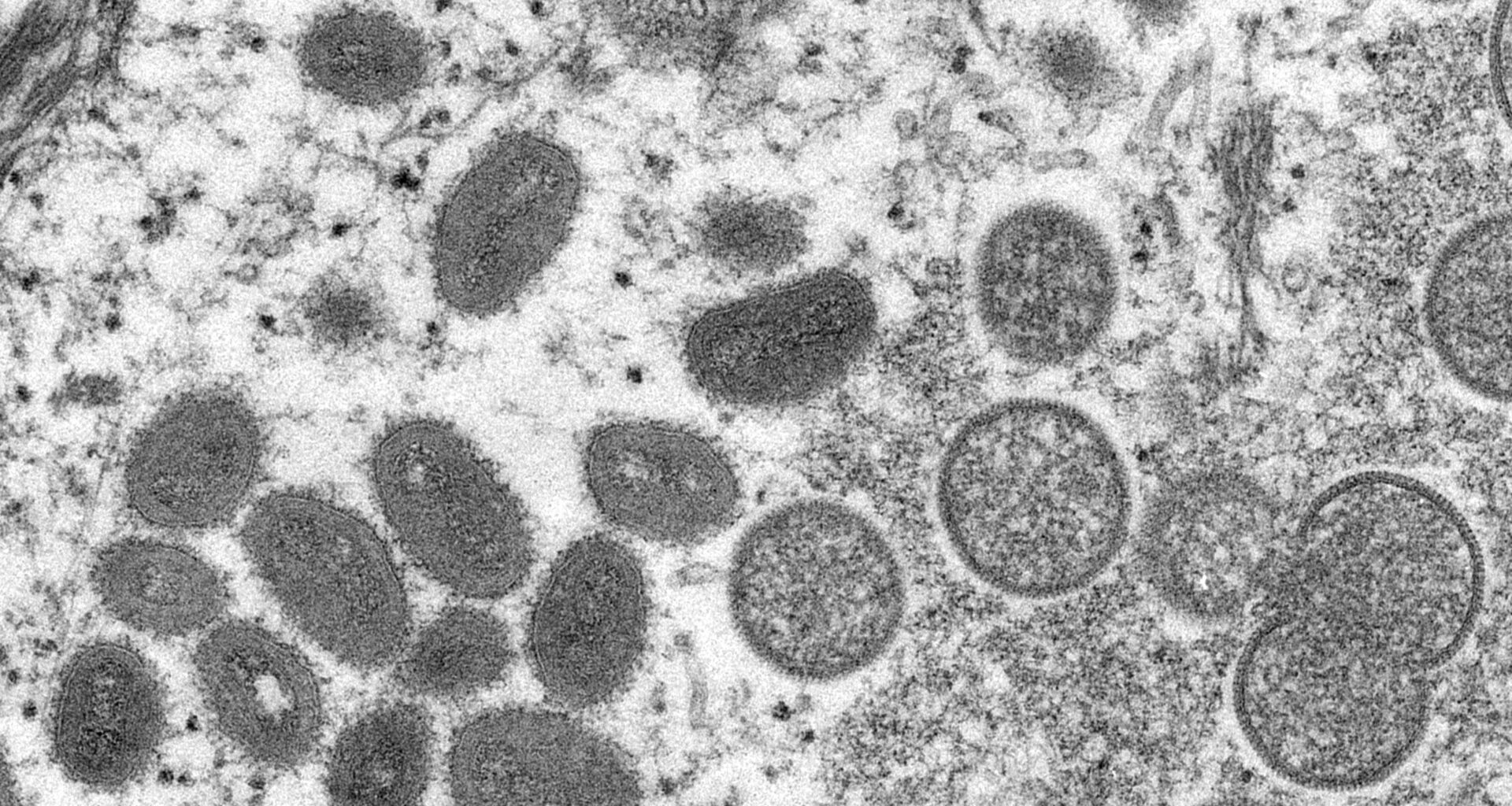UK health agency warns ‘the infection has not gone away’ after new mpox cases
"We can’t let our guard down now."

The UK Health Security Agency (UKHSA) has issued a warning after new cases of mpox were detected in London
On Thursday (25 May) the UKHSA urged people to “remain vigilant” after ten cases were diagnosed. These were between 30 April and 25 May.
Since the start of the year, the UKHSA said there have been 20 reported cases in the UK.
Gay, bisexual, and men who have sex with men are most at risk from mpox.
All of the cases were diagnosed in London with half being in those who are unvaccinated. Two of the cases were people who had one of two doses of a vaccine. Five are thought to have acquired the infection in the UK, and four abroad. One is under investigation.
Katy Sinka, the Head of Sexually Transmitted Infections at UKHSA, has said: “It is clear from these latest statistics that mpox has not gone away. While mpox infection is mild for many, it can cause severe symptoms for some so it’s important people remain alert to the risks.
“Vaccination is key to reducing the severity of symptoms and preventing further transmission. Uptake of first doses has been strong but only around a third of those who have received their first dose have had their second dose so far.
“The programme is coming to an end, so we strongly encourage everyone eligible to please come forward for a vaccination if you haven’t yet had one or two doses.
“Our aim is to eliminate this unpleasant disease from the UK entirely – vaccination and community action have worked very well to significantly reduce case numbers and we can’t let our guard down now.”
The UKHSA’s data shows one dose of the vaccine offers 78% protection and a second dose adds longer-term protection.
“Figures show that only half of people who have had their first vaccine dose have also had their second”
Ceri Smith, the Head of Policy at Terrence Higgins Trust, echoed the UKHSA’s message.
She also encouraged the government to extend the vaccination drive, currently due to end in July.
“Concerningly, figures show that only half of people who have had their first vaccine dose have also had their second. It’s important to have both doses for maximum protection.”
The World Health Organisation (WHO) began using the term ‘mpox’ last year. It came as a response to “racist and stigmatizing language online” after rising numbers last year.
WHO declared mpox a global health emergency in July. A vaccination drive helped lower the number of cases.
Symptoms of mpox are fever, aches and pains, tiredness, chills, and swollen glands. It also includes a rash that can start on the face and hands and spread.
Lesions around the genitals, anus and surrounding area, the mouth, and any anal or rectal pain or bleeding are also included.
You can find your nearest vaccination site here.
